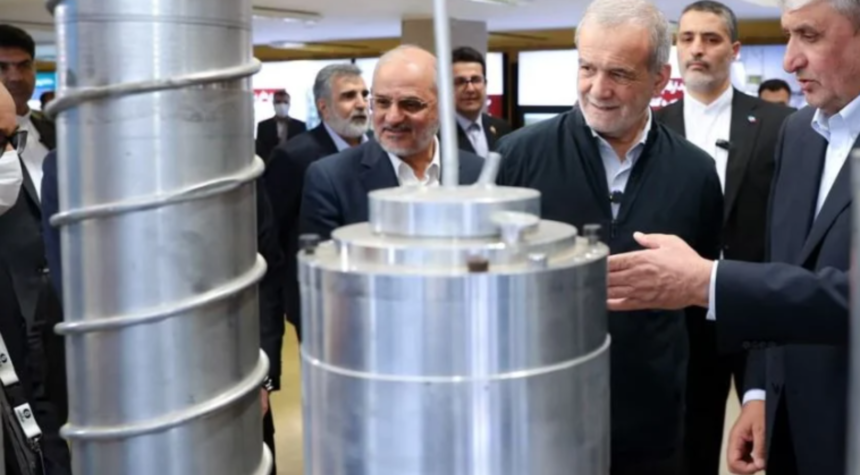Former U.S. President Donald Trump surprised many when he announced in the Oval Office—alongside Israeli Prime Minister Benjamin Netanyahu—that high-level talks on Iran’s nuclear program were scheduled for April 12 in Oman. Though Tehran quickly clarified the discussions would be indirect, the revelation reopened an enduring strategic debate: Should the U.S. strictly monitor Iran’s nuclear program, or seek to dismantle it entirely?
Trump has consistently maintained that Iran must never obtain a nuclear weapon, but he has not explicitly stated whether that means limiting the program under tight verification or pursuing its complete elimination.
Officials in his administration sent mixed signals. Steve Witkoff, Trump’s envoy for the Middle East, suggested Washington favors a verification mechanism to ensure Iran’s program remains peaceful. This stance aligns with Iran’s claim that its nuclear ambitions are civilian in nature.
However, National Security Advisor Mike Waltz signaled a more aggressive stance, calling for the “complete dismantlement” of the program, asserting Iran must abandon it in a way that the entire world can witness.
Supporters of dismantlement argue that this is the only foolproof way to prevent Iran from acquiring nuclear weapons. Behnam Taleblu from the Foundation for Defense of Democracies (FDD) in Washington says arms control isn’t enough. He believes that pressure—including sanctions and military exercises with Israel—can compel Tehran to give up its program entirely, albeit through a high-risk strategy.
The U.S. Treasury Department recently imposed sanctions on five Iranian entities and an individual tied to the country’s nuclear agency, reflecting this pressure campaign.
Still, others believe that a demand for full dismantlement would be political suicide for Iran’s leadership, making it unlikely to agree. Gregory Brew, an Iran analyst at Eurasia Group, argues that a verification-based system could lay the groundwork for more sustainable diplomacy. If Washington insists on complete dismantlement, he warns, talks could collapse and lead to military escalation.
Looming Deadlines and Tensions
The 2015 Iran nuclear deal (JCPOA), which Trump exited in 2018, officially expires in October. Once it lapses, the UN Security Council loses authority to reimpose sanctions on Iran—a key concern for Western powers.
Trump has already warned Iran of potential military strikes if a deal isn’t reached. France has voiced fears that without a new agreement, a military conflict could become inevitable.
The U.S. has increased its military presence in the region, conducting advanced airstrikes against Iran-backed Houthi rebels in Yemen. These deployments are intended as credible military threats, adding pressure on Iran to engage seriously in negotiations.
According to Brew, this buildup shows the U.S. is prepared to escalate if Iran pushes ahead with weaponization or walks away from talks.
Yet Taleblu believes Iran is inherently cautious. History has shown, he says, that the regime is willing to back off when faced with credible threats and serious consequences to its survival.
With diplomacy resuming in Oman and time running out, the real question now is:
Who will blink first?







